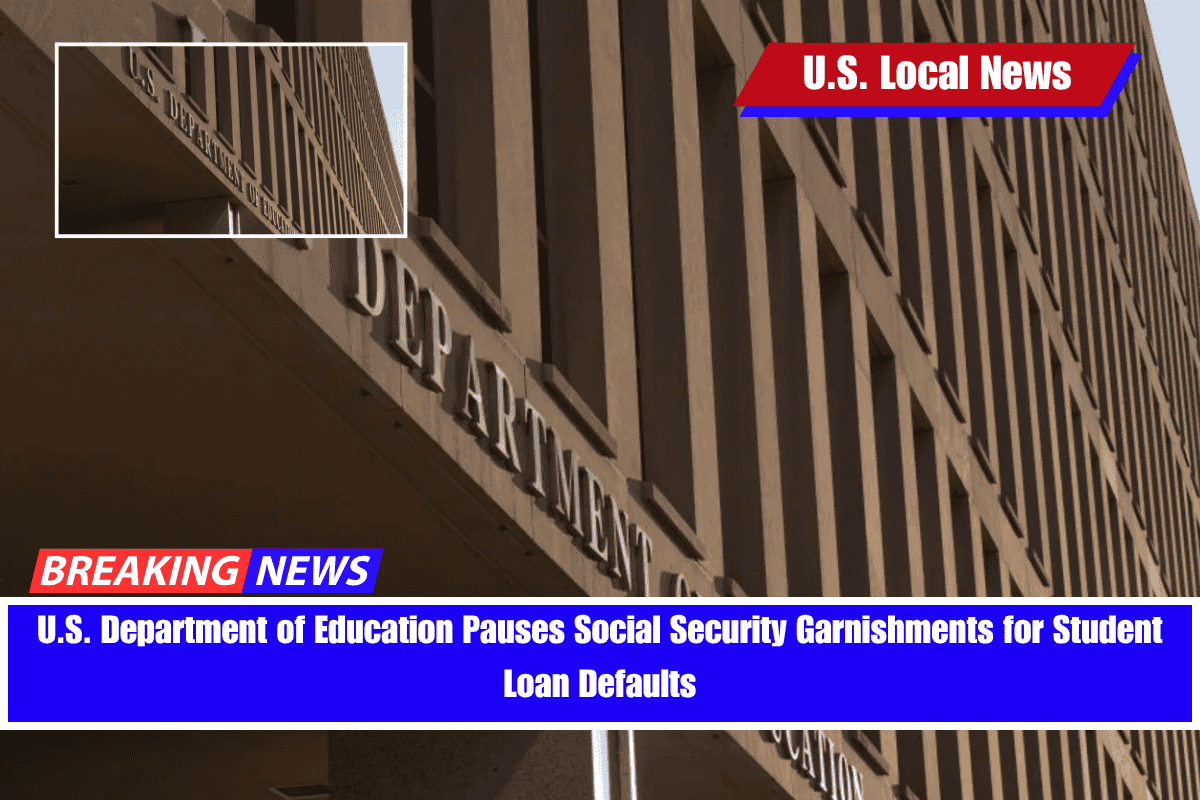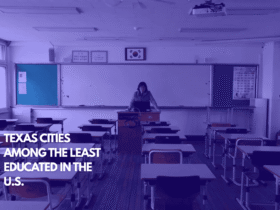The U.S. Department of Education has temporarily halted its plan to garnish Social Security benefits from borrowers who have defaulted on federal student loans, according to a spokesperson.
Abrupt Policy Change Under the Trump Administration
Ellen Keast, spokesperson for the Department of Education, stated, “The Trump Administration is committed to protecting Social Security recipients who oftentimes rely on a fixed income.”
This move reverses the previous announcement made on April 21 that intended to resume aggressive collection efforts on the nation’s $1.6 trillion student loan debt, which had been largely paused during COVID-19 relief measures.
What Does Garnishment Mean for Social Security Recipients?
Federal law permits the government to collect on defaulted student loans by seizing tax refunds, wages, and even Social Security retirement and disability payments. Up to 15% of a Social Security benefit check can be withheld to repay defaulted loans.
Over 450,000 federal student loan borrowers aged 62 or older are currently in default and likely receiving Social Security benefits, as reported by the Consumer Financial Protection Bureau.
Why the Pause Matters for Older Borrowers
The pause gives older Americans with defaulted student loans additional time to resolve their debts and avoid the financial hardship of reduced Social Security income.
Carolina Rodriguez, director of the Education Debt Consumer Assistance Program in New York, highlighted the risks: “Losing a portion of their Social Security benefits to repay student loans could mean not having enough for food, transportation to medical appointments or other basic necessities.”
What’s Next for Borrowers in Default?
While the pause offers temporary relief, the government’s student loan collection powers remain broad. Borrowers are encouraged to explore repayment options, rehabilitation programs, or forgiveness plans to avoid future garnishments.
The Department of Education has not announced a timeline for resuming garnishments but continues to stress its commitment to protecting vulnerable Social Security recipients.











Leave a Reply